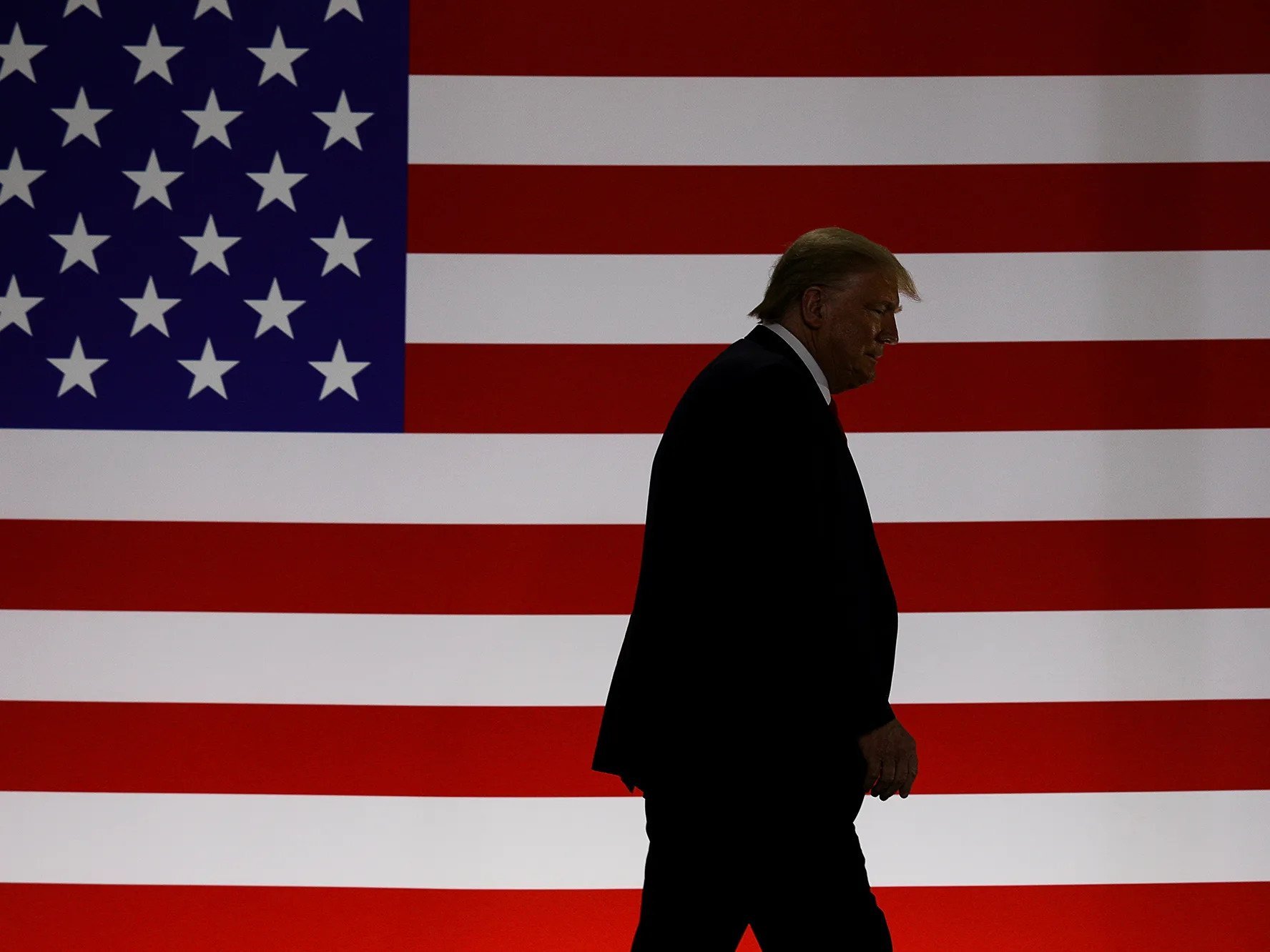How to Steal an Election
Trump supporters are trying to confuse you on the difference between election fraud, election governance, and electioneering.
To wit:
As I responded, none of these is election fraud:
A. Encouraging people to vote.
B. Making it easier to vote.
C. Convincing people to vote for a particular candidate or party.
What Sen. Paul refers to as stealing an election is actually just electioneering ("Seeding an area heavy with potential Democratic votes with as many absentee ballots as possible, targeting and convincing potential voters to complete them in a legally valid way ...) or election governance ("... counting the results").
The only part of Paul's tweet that could be considered election fraud is ballot harvesting, or when a non-governmental organization collects absentee ballots and delivers them to the state. It's illegal in some states. According to Ballotpedia, 24 states allow the voter to choose someone to submit the ballot for them, 12 specify who may return the ballots (such as family members only), 13 states have no laws against ballot harvesting. Alabama is the only state that requires only the voter themselves to return a mail ballot.
Ballot harvesting is problematic when, for instance, fraudsters use it to steal an election, which is exactly what happened in the 2018 election for North Carolina's 9th congressional district. A political operative was paying people $125 per 50 mail-in ballots. This illegality was compounded by the fact that some had cashed in by just filling out the ballots themselves. The North Carolina Board of Elections ended up calling for a new election and the operative was indicted.
A search of "Rand Paul" and "Mark Harris" since that election found no results demonstrating Paul's concern for illegal ballot harvesting in that case. Perhaps because the election fraud was committed to help a Republican, Pastor Mark Harris.
This story is a microcosm of what is taking place on the Right today. Republicans will point to Democrat efforts to make voting easier, or to convince voters to vote for a Democrat, and call it fraud. Meanwhile, Republicans are passing or trying to pass laws in a number of states that would make it easier for state legislatures to override the will of voters in future elections, and they're trying to replace Republicans who were unwilling to commit election fraud in 2020 with Republicans who would be willing in 2022 and beyond.
As the States United Democracy Center most recent "Democracy Crisis in the Making Report" points out, "As of December 15, 2021, there have been at least 262 bills introduced in 41 states that would interfere with election administration — and 32 of these bills have become law across 17 states." In Pennsylvania, the report found “concerted efforts to recruit hyper-partisan election skeptics and conspiracy theorists at a precinct level, raising the prospect that voters may encounter hostility or intimidation at the polls from the very election officials whose job traditionally has been to smooth the road for democratic participation.” In Michigan, “eight of the eleven largest counties in the state, county Republican parties have systematically replaced their appointees to county canvassing boards with election deniers who embrace conspiracy theories and lies about the 2020 election.” Additionally, “election administrators have been subject to unprecedented assault and violent threats.”
And to better understand Republican efforts to steal the 2020 election in Georgia, read The Atlanta Journal and Constitution's two-part report, "Inside the campaign to undermine Georgia’s election."

